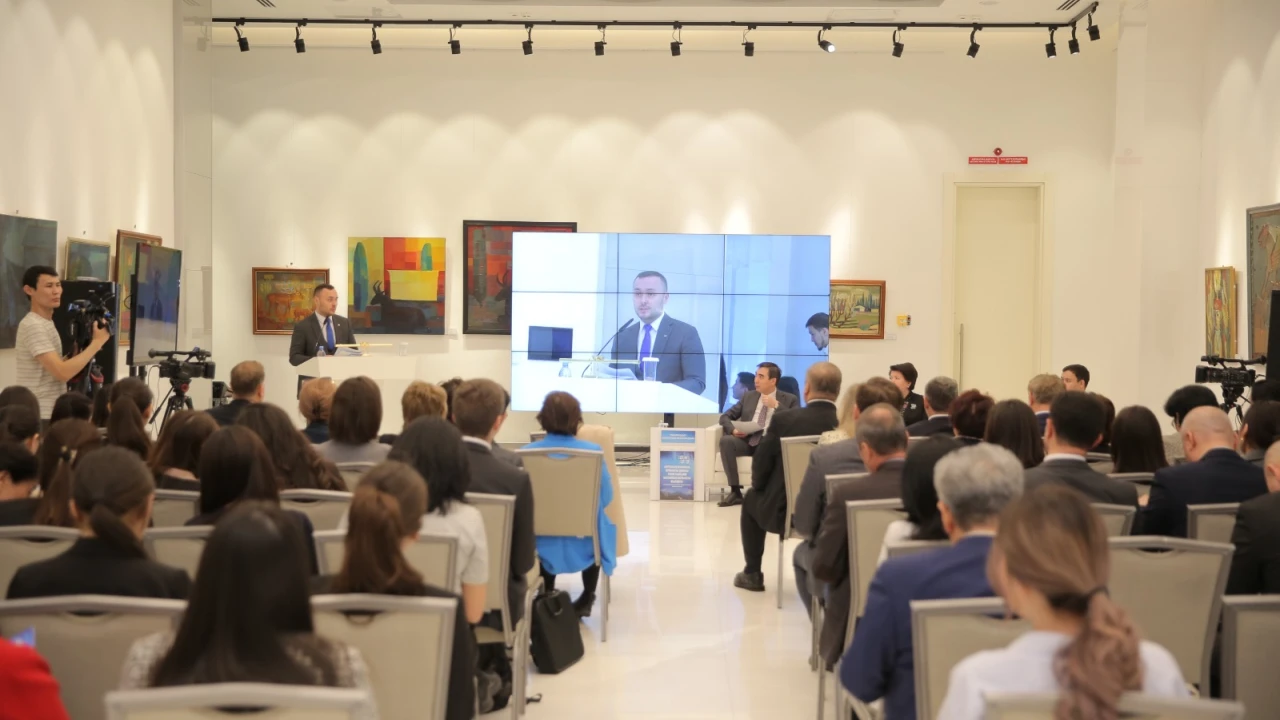
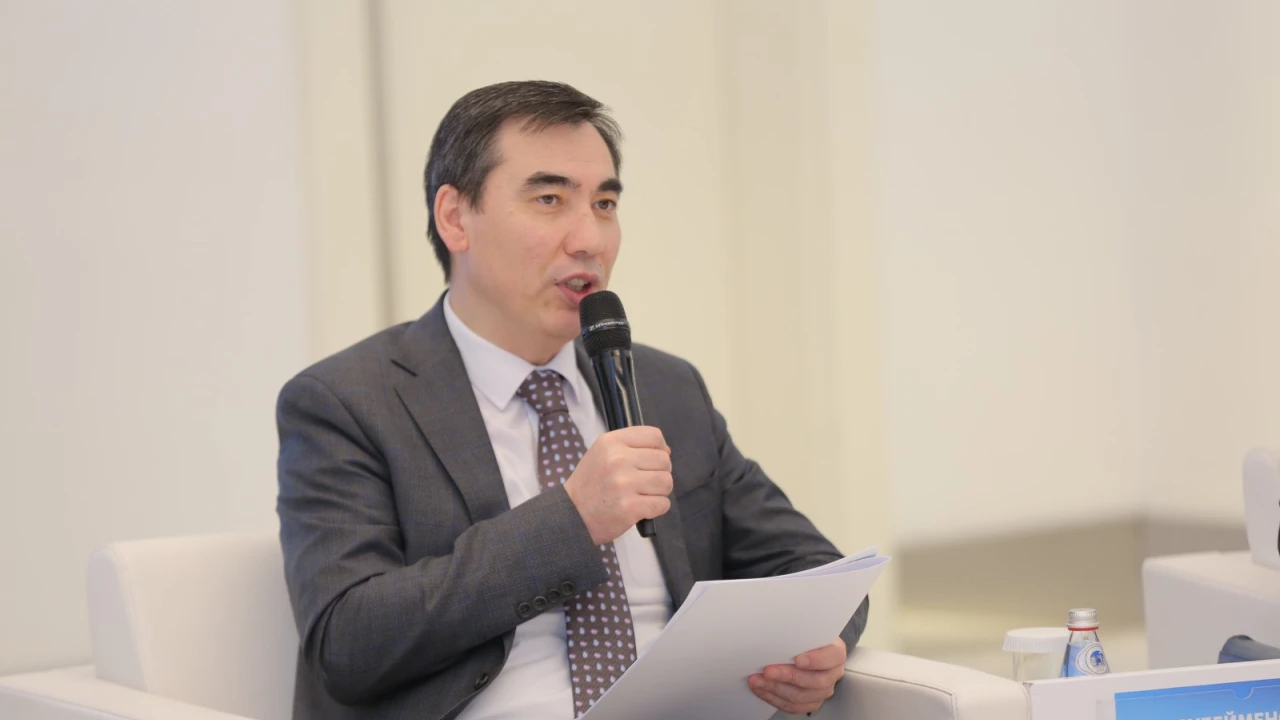
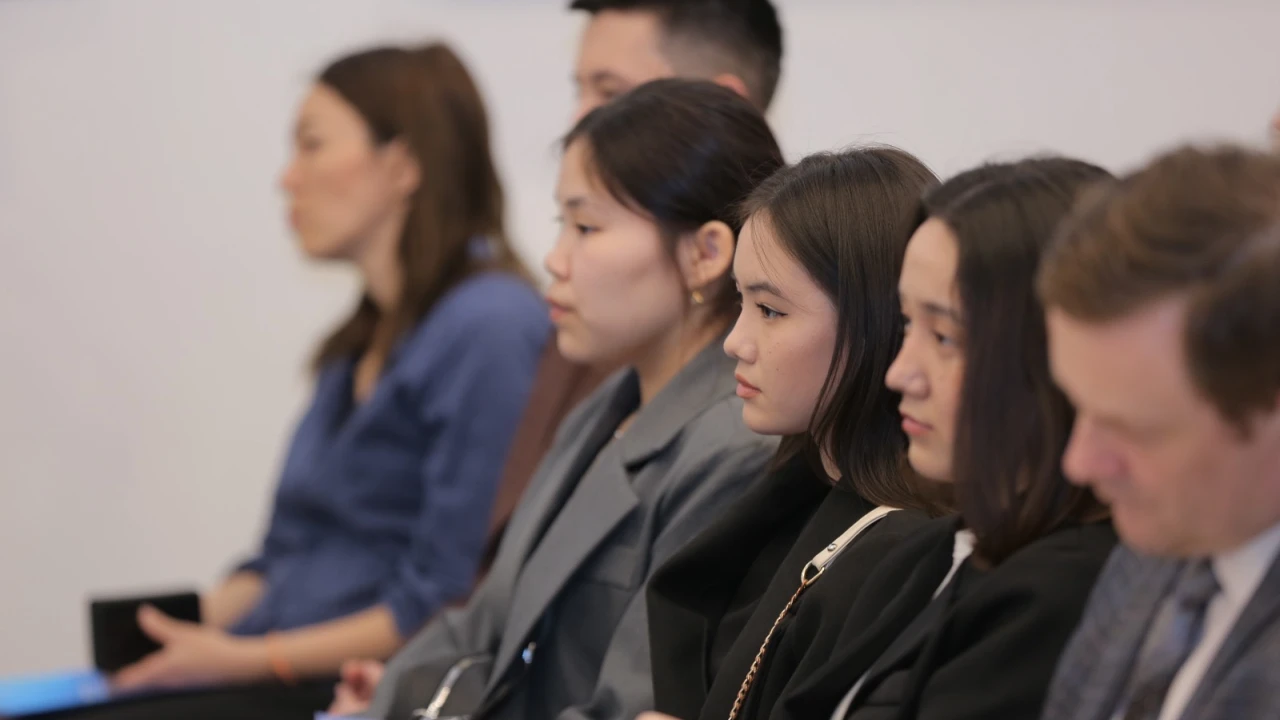
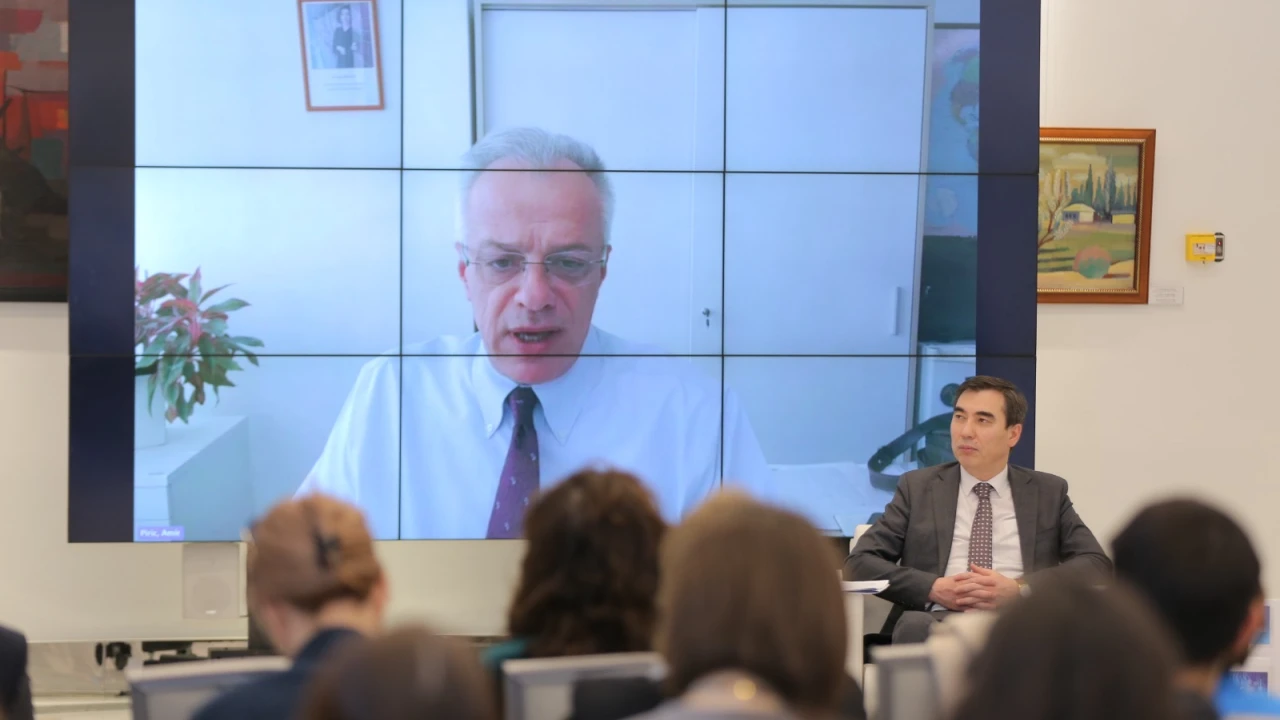
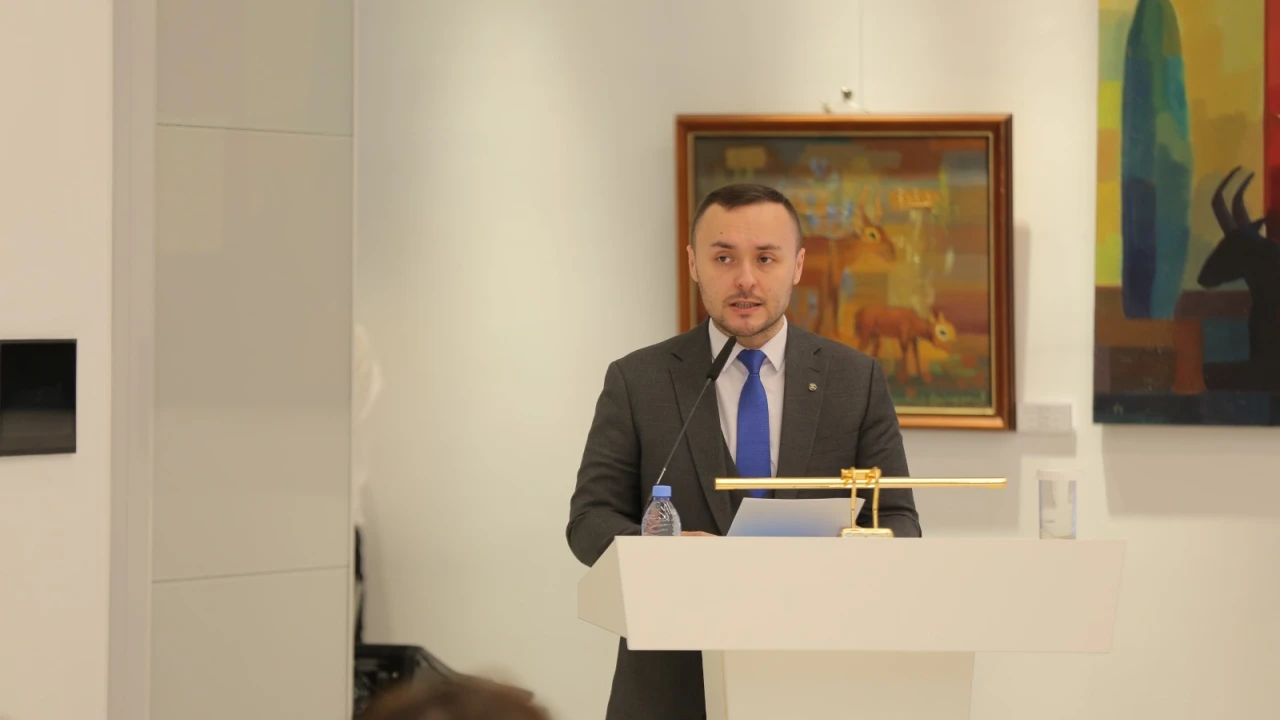
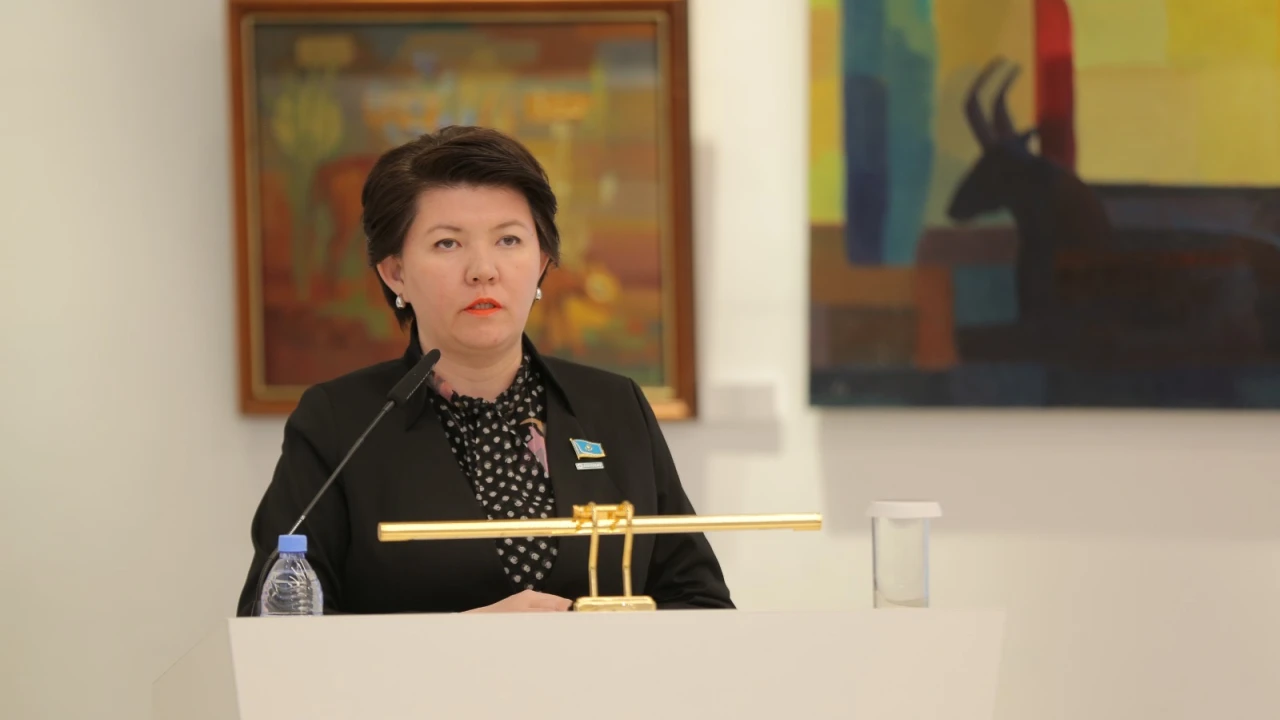
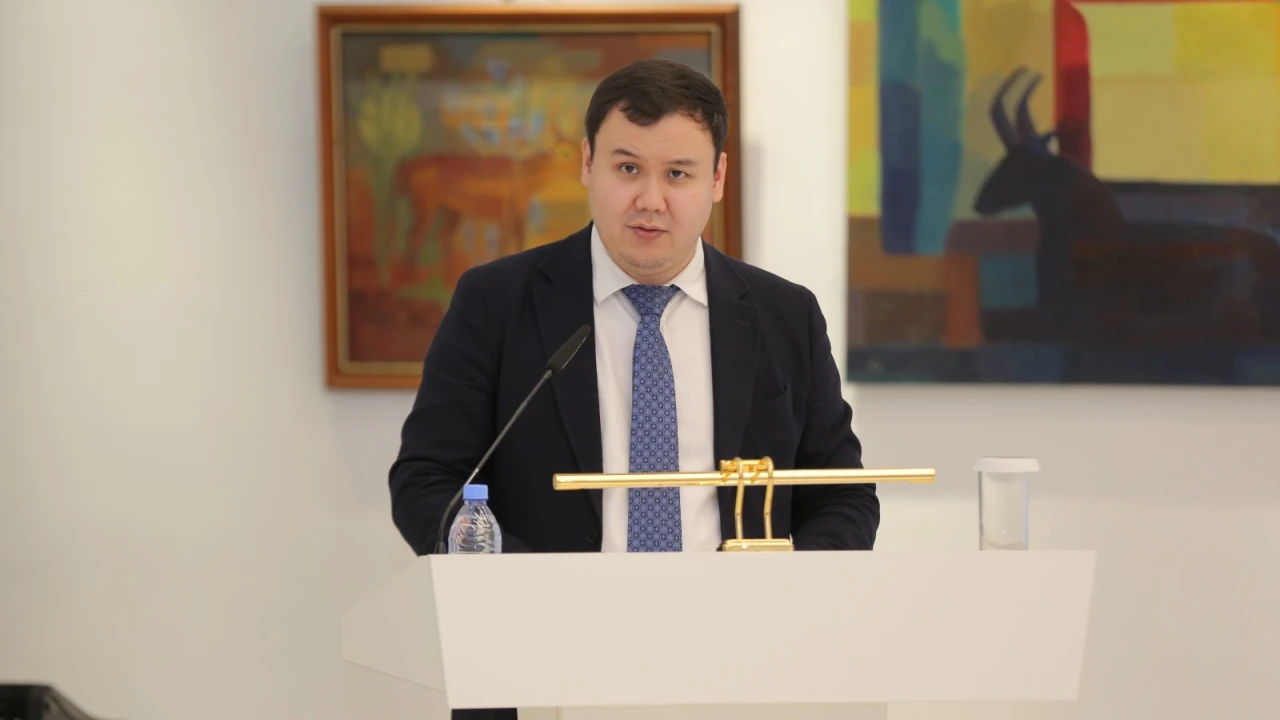
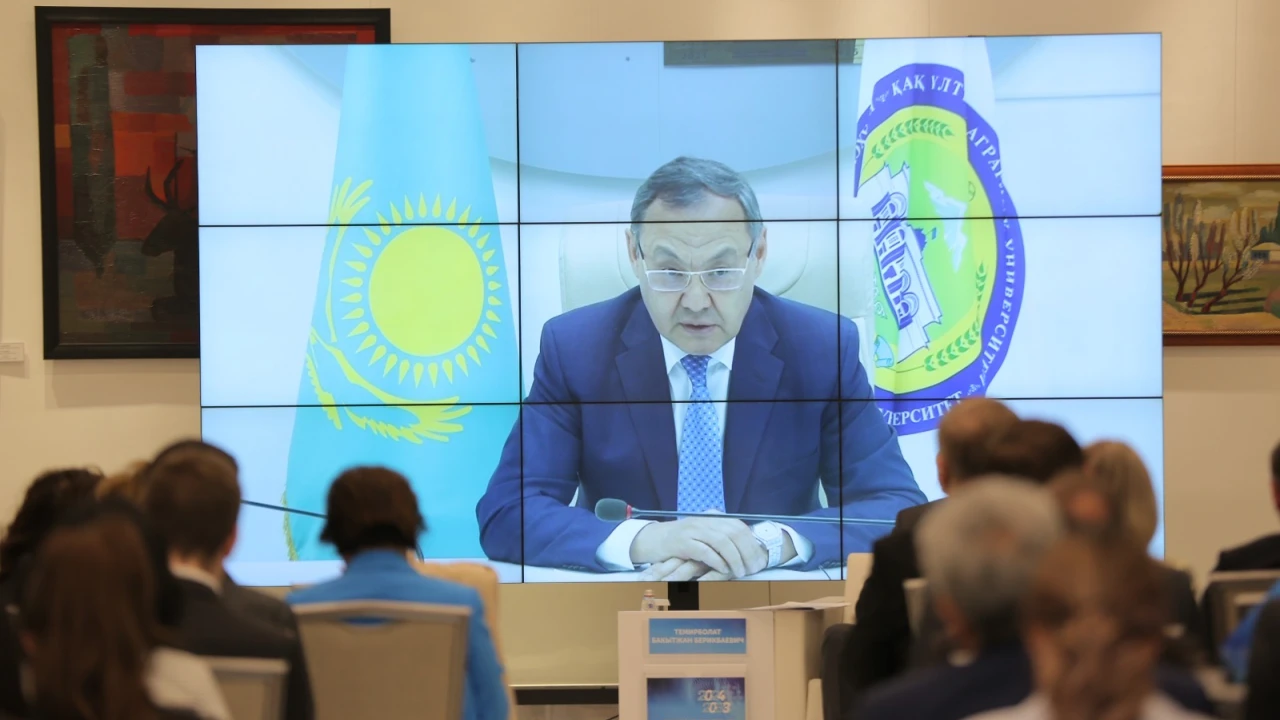
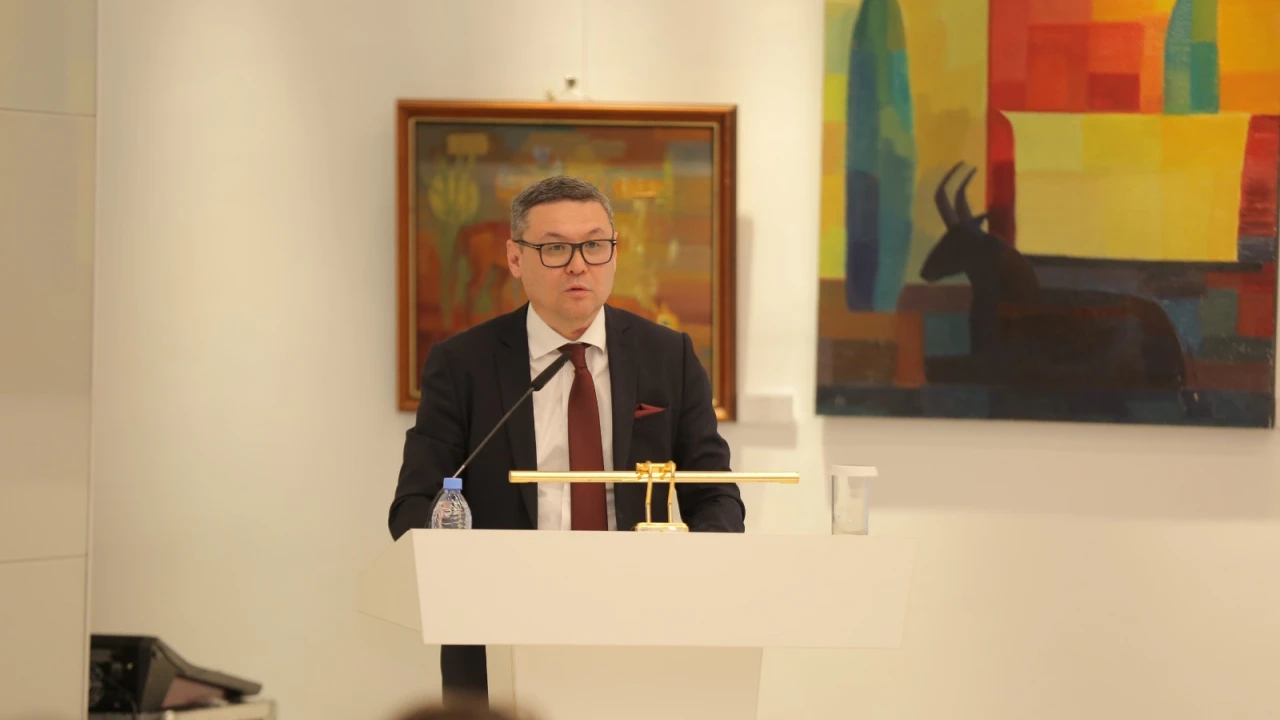
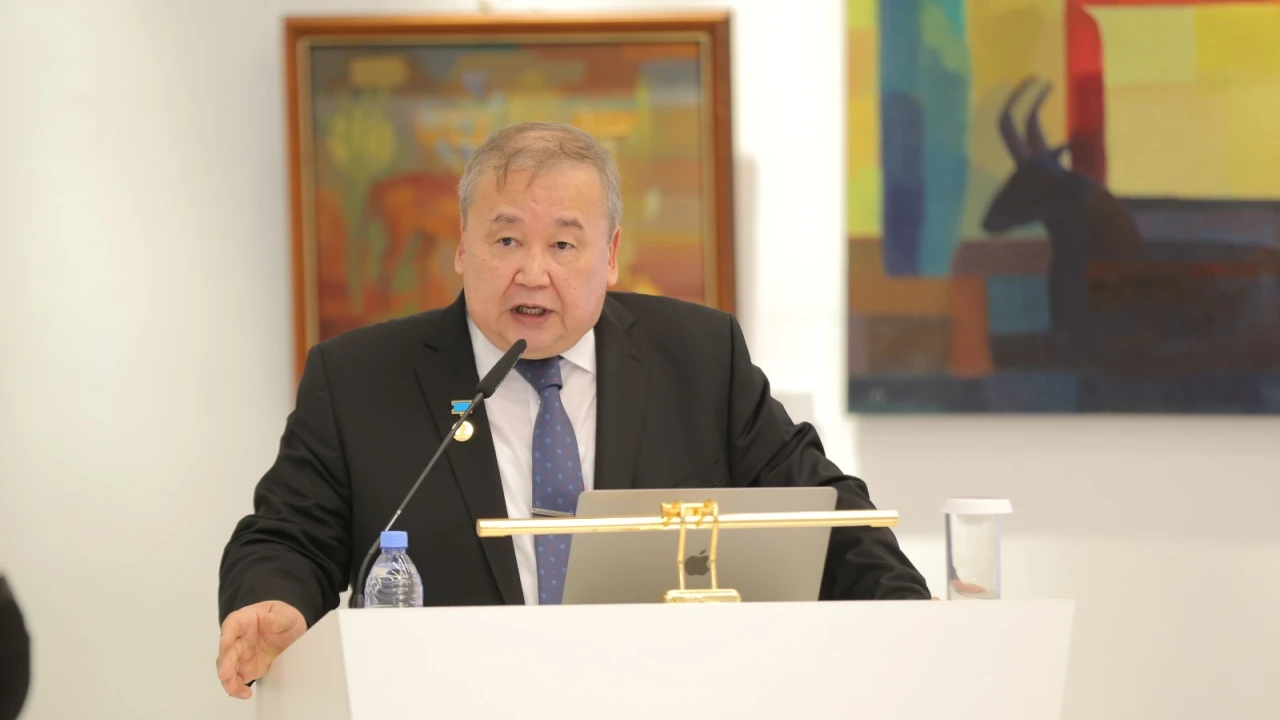
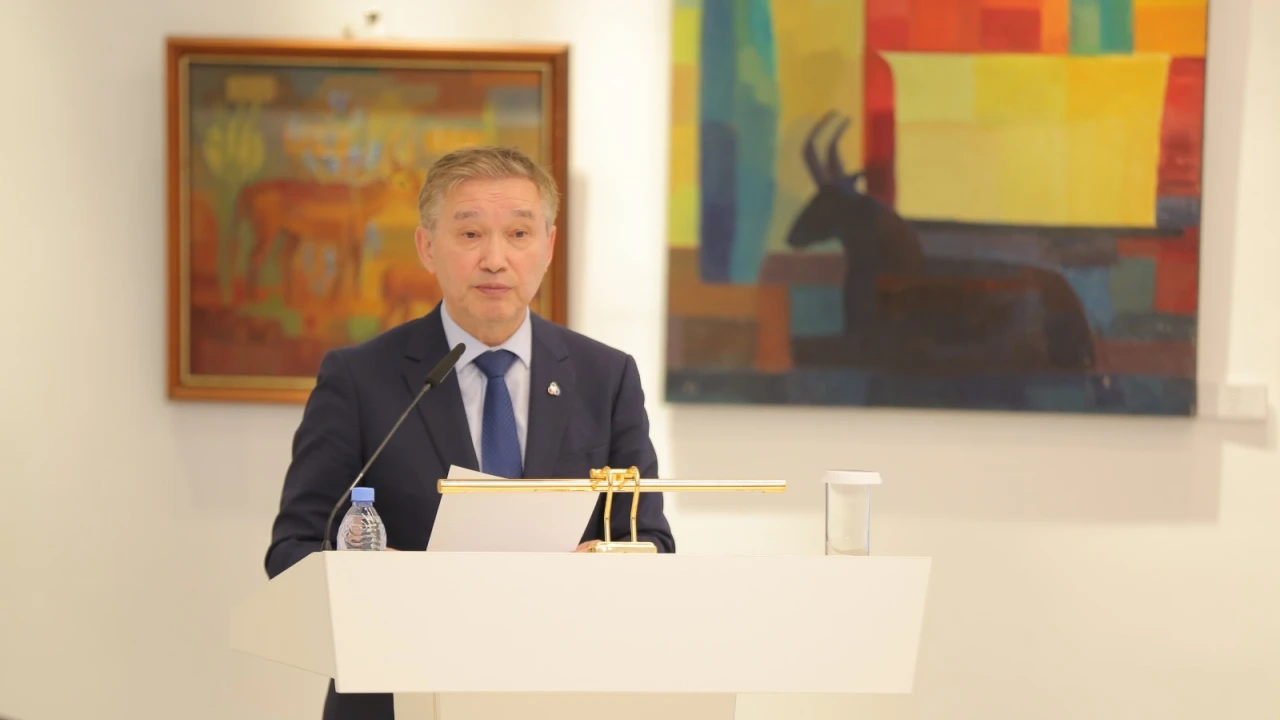
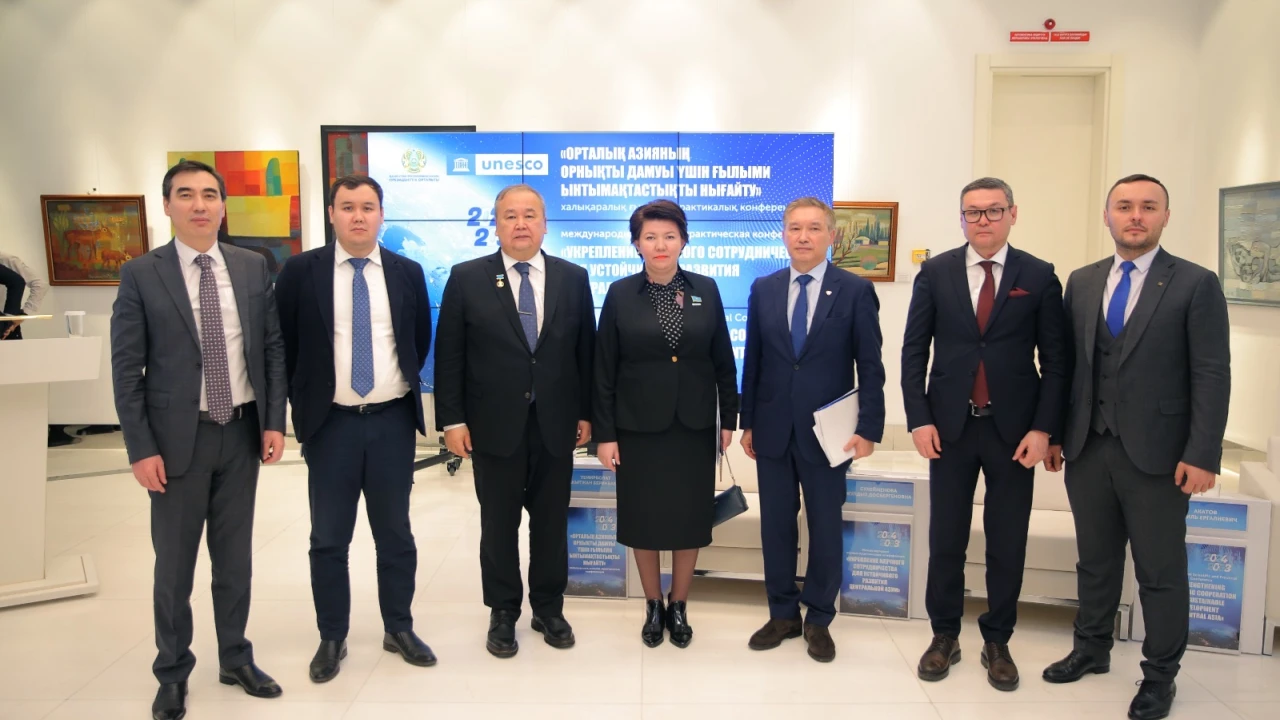
The Presidential Center of the Republic of Kazakhstan together with the UNESCO Regional Office held an international scientific-practical conference "Strengthening Scientific Cooperation for Sustainable Development of Central Asia", timed to the International Decade of Sciences for Sustainable Development.
The event is aimed at forming an international and interregional scientific partnership in the Central Asian region, contributing to the expansion of research and the exchange of innovative ideas in the field of sustainable development.
As Bakytzhan Temirbolat, Director of the Presidential Center of the Republic of Kazakhstan, noted in his welcoming speech, the head of state at the April meeting of the National Council on Science and Technology emphasized that domestic science should not exist apart from society's most pressing problems. The State needs recommendations based on comprehensive scientific research. Science should go towards state management, creating strong expert and analytical centers capable of ensuring the effectiveness of decisions.
Amir Pirich, Acting Director of the UNESCO Regional Office in Almaty, emphasized the importance of integrating traditional knowledge of indigenous peoples of Central Asia with modern scientific methods. He advocated for strengthening scientific infrastructure, investing in young researchers, and developing international partnerships.
In turn, the President of the National Academy of Sciences of the Republic of Kazakhstan AkhylbekKurishbayev proposed to conclude a memorandum between the National Academy of Sciences and UNESCO on the establishment of research centers and laboratories in Kazakhstan. He expressed hope that such joint work on a systematic basis will contribute to strengthening scientific cooperation for the sustainable development of Central Asia.
According to the Director of the Kazakhstan Institute for Strategic Studies under the President of the Republic of Kazakhstan (KISI), Mr. Erkin Tukumov, the issue of deep interdisciplinary study of the Central Asian region requires further elaboration. At present, a special scientific school is being created based on KISI to study Central Asia, which will involve specialists from various fields: sociologists, political scientists, economists, climatologists and others.
Erlan Batyrbekov, General Director of the National Nuclear Center of the Republic of Kazakhstan, spoke about the completion of a large unique comprehensive environmental survey of the entire territory of the Semipalatinsk test site with an area of more than 18 thousand square kilometers. We now have complete knowledge of the radiation condition in the region. Based on the results of the research, to date, about 8 thousand square kilometers make up the new boundaries of the range, while about 10 thousand square kilometers can already be given to the national economy for use in various purposes, from agriculture to production organization and mining.
First Deputy Director of the Institute for Strategic and Interregional Studies under the President of the Republic of Uzbekistan Akromzhan Neymatov also shared his opinion. He believes that the implementation of sustainable development goals, both globally and in the region, could be facilitated by the adoption of a program of academic mobility in Central Asia. This would make it possible to involve young professionals and experts, leading universities, research centres, technology parks, and businesses in the development of regional cooperation. The Conference of Ministers of Education of the Central Asian countries could serve as a platform for developing such a program.
The outcome of the plenary session was the announcement of the Appeal of the participants of the international conference, developed by researchers during the event.
The document reflects the following:
- current situation on ethical aspects of science, recommendations on freedom and safety of research, as well as on ethical aspects of research in Central Asia;
- recommendations on international funding for research;
- recommendations on financing scientific research by the Government of the Republic of Kazakhstan;
- recommendations on the responsibility of scientific institutions and scientists to society.
All recommendations will be submitted to the Ministry of Science and Higher Education of the Republic of Kazakhstan for further work.
|
For reference: Kazakhstan and the Central Asian countries attach great importance to the development of comprehensive cooperation with UNESCO, which contributes to the successful implementation of political, economic and socio-humanitarian reforms in the country. The aim of these reforms is to create a new quality of life in the Central Asian region through the development of education, science and culture. In this regard, the particular importance of UNESCO's systemic support for the implementation of specific projects in the region in the field of education, exact and human sciences is recognized. It is worth noting that UNESCO provides a platform that allows scientists and policymakers to cooperate and interact at the international level, which is important for the advancement of science in general. On 18 August 2023, the United Nations General Assembly proclaimed 2024-2033 as the "International Decade of Sciences for Sustainable Development (IDSSD)", recognizing the need to join forces across scientific disciplines and forms of knowledge to address the complex and intricate challenges of our time. |



